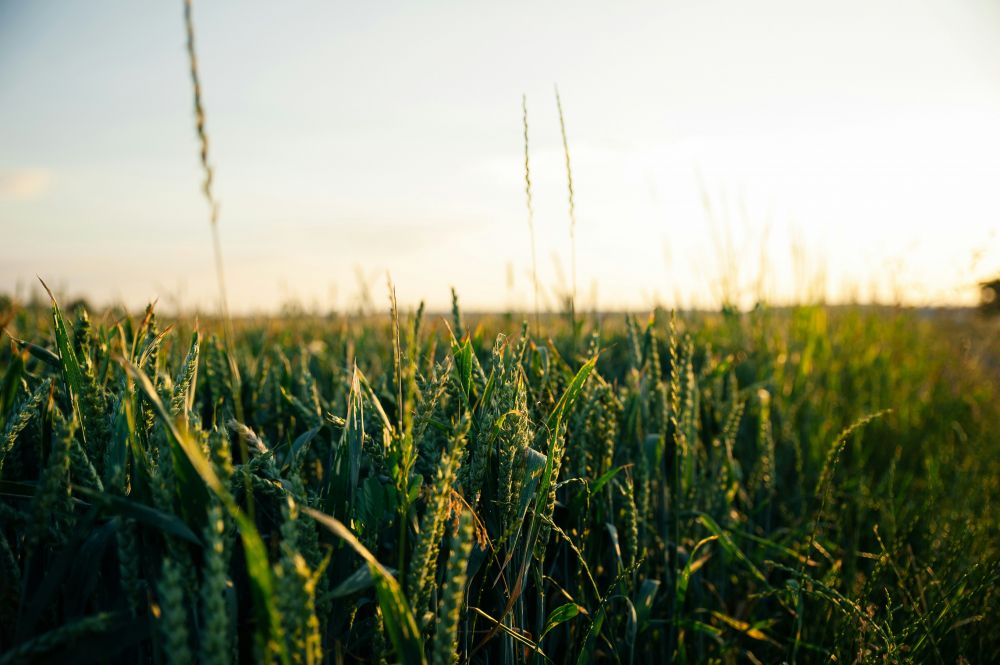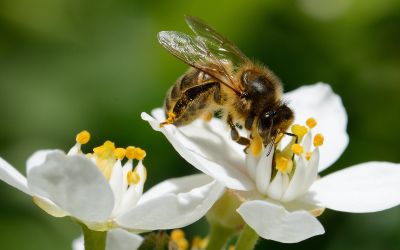Wet winter could cut UK food self sufficiency by about a tenth
The UK’s ability to feed itself is set to be reduced by nearly a tenth, new analysis by ECIU reveals, as farmers across the country have been hit by one of the wettest winters on record.

The UK’s ability to feed itself is set to be reduced by nearly a tenth, new analysis reveals, as farmers across the country have been hit by one of the wettest winters on record.
The analysis from the Energy and Climate Intelligence Unit (ECIU), estimates that the projected reduction in key arable crops as a result of lower crop area and poor yields will reduce UK self-sufficiency across all farming sectors by 8% when measured by volume, declining from an average of 86% between 2018 and 2022 to 78% this year.
The report says that the UK could become dependent on foreign imports for around a third of its wheat, with wheat self-sufficiency estimated to decline from 92% in the same period to 68%.
With soils too waterlogged and many fields flooded for much of the winter, many farmers have not been able to establish crops. Climate scientists warn that warmer, wetter winters like the one we have just experienced are projected to become increasingly common as the world warms, raising concerns about the impact of climate change on UK food security.
Commenting, Tom Lancaster, land analyst at ECIU said, “In 2021, the Government warned that climate change was the biggest medium to long term threat to our food security. This analysis suggests that it is the biggest risk now, not at some far off point in the future.”
“The UK depends on foreign imports for the foods we cannot grow here, so if we are to try to sustain the supply we have at the minute, we simply can’t grow everything we have now on British soil, so will also need to think about supporting farmers in other, often poorer and more climate vulnerable, countries.”
ECIU estimate that, compared to the average production between 2018 and 2022, and assuming an overall level of consumer demand equivalent to the average in the same period, the reduction in wheat self-sufficiency could see imports rise from 1.9m tonnes to 4.8m tonnes. UK flour millers have warned that the higher grade milling wheat harvest could be down by as much as 40%, giving rise to concerns about the price of bread and other baked goods.
Although oats and barley will remain largely stable due to higher anticipated areas of spring planting, self-sufficiency in oilseed rape is estimated to collapse to a historic low of 40%, again assuming demand remains in line with that seen between 2018 and 2022. This is down from 75% between 2018 and 2022.
With other crops that have suffered due to the wet weather not included in the analysis, such as field vegetables, potatoes and sugar beet, it is possible that an 8% reduction in headline self-sufficiency is an under-estimate.
Tom Lancaster, land analyst at ECIU said, “With its recent U-turns on climate policy, it’s possible the Government will try to downplay the threat climate change poses to our food security at this summit, but farmers consistently report the changing climate is one of if not the greatest threat to their harvests. The only viable long-term plan for farming is getting to net zero emissions when we are no longer making the problem ever worse.”
Find out more here.




